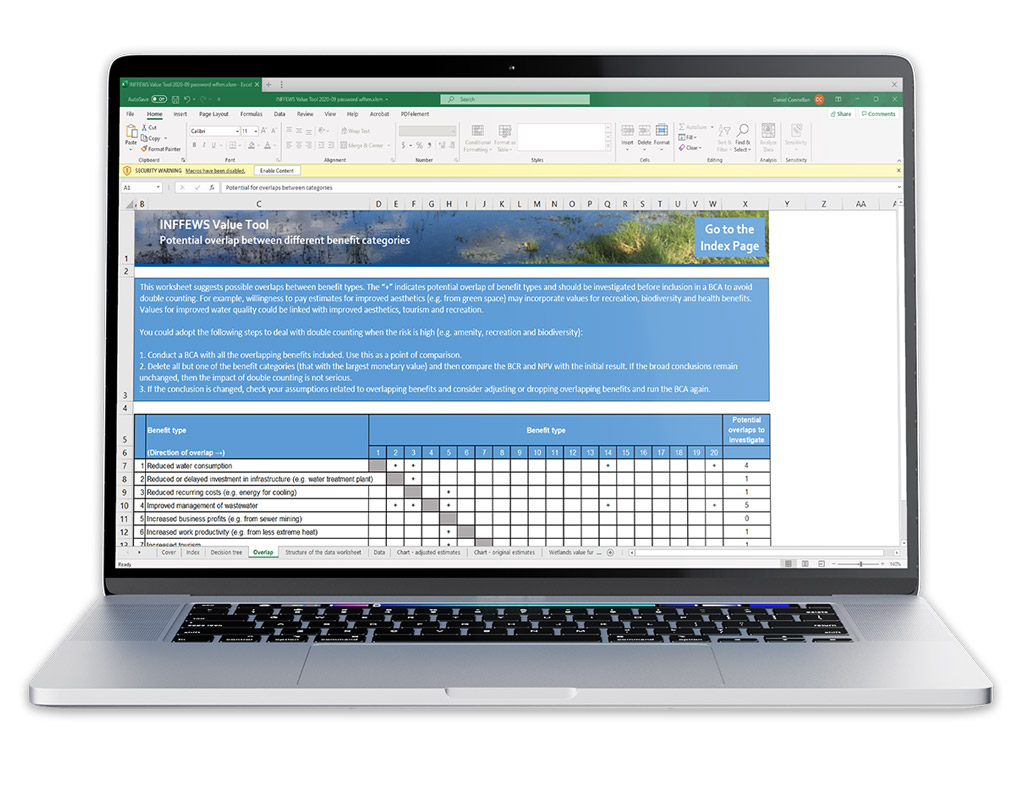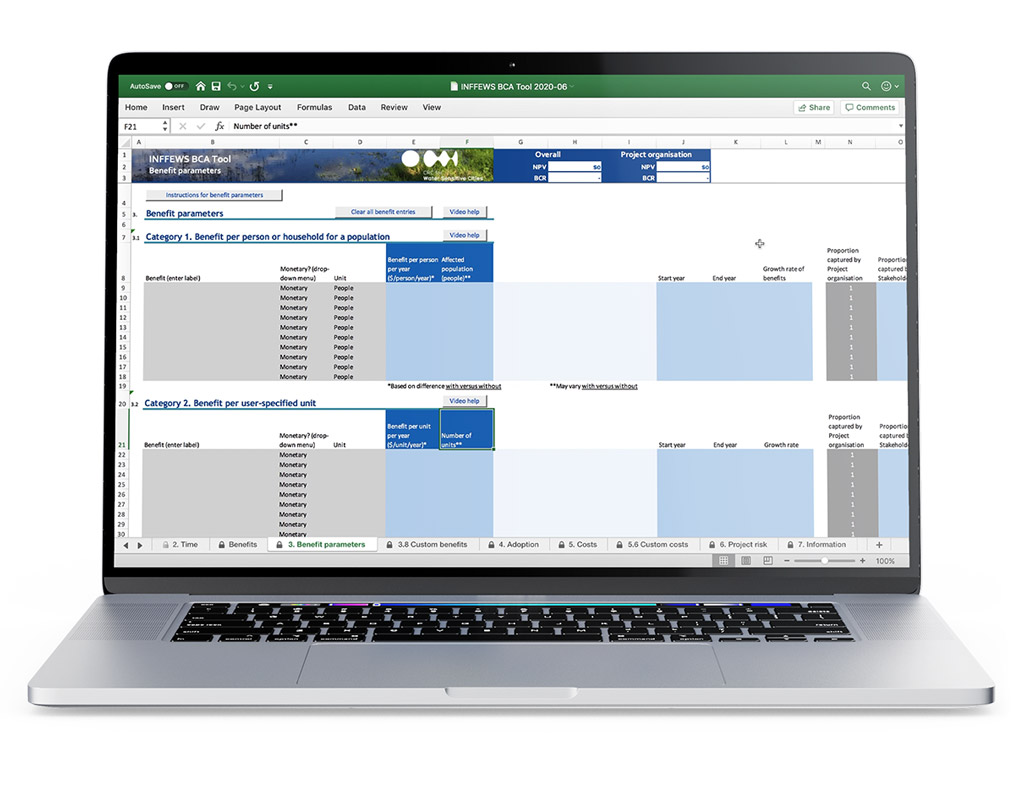The INFFEWS package was developed as part of the CRC for Water Sensitive Cities’ Integrated Research Project 2 (Comprehensive economic evaluation framework) by Professor David Pannell (University of Western Australia) and Associate Professor Sayed Iftekhar (Griffith University).
It comprises 2 tools:
The Value Tool gives practitioners a way of valuing the benefits of water sensitive projects that are not traded in markets, such as the social and environmental benefits. This comprehensive Excel-based database contains 2000+ non-market values of water sensitive systems and practices. It has over 20 different benefit types, with a spread of values available, including ecological improvement and biodiversity, reduced recurring costs, improved security of water supply, reduced morbidity/improved heat from extreme heat, and improved aesthetics. The accompanying Value Tool guideline explains how to adapt existing non-market values for use in another context. The guideline provides step-by-step instructions on how to use the tool, and demonstrates the tool in action via a worked example. The guideline also offers a brief overview of non-market valuation methods and benefit transfer techniques.
The Benefit Cost Analysis (BCA) Tool compares the benefits of a water sensitive project with its costs, to assess whether it’s worthwhile. This Excel-based tool can help water practitioners:
- develop a holistic business case for delivering water sensitive investments
- assess investments for water sensitive cities
- understand the distribution of costs and benefits between stakeholders.
This structured and systematic process leads project stakeholders though key steps to define the project, identify project options, identify information requirements and gaps and undertake the BCA assessment. It is based on sound economics and is fully consistent with Australian and state government economic assessment guidelines. It is also accompanied by a range of supporting resources (including guidelines and a user guide).
The tools were developed for industry, with industry, and have been applied by more than 120 organisations. You’ll find more information about the tools and their application on the CRCWSC Knowledge Platform. If you have any questions, you can contact us at info@wscaustralia.org.au.
Supporting integrated urban water management in Thailand’s Eastern Economic Corridor
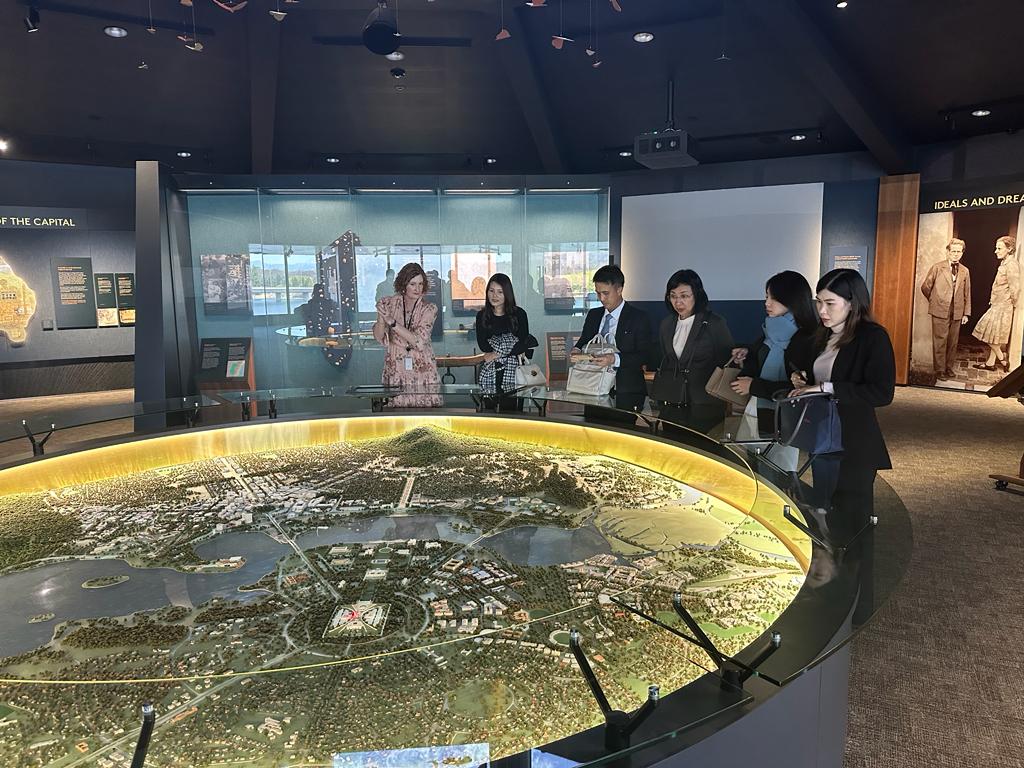
Get the run down on the RUCaS Regional Conference and Training, held over 4 days in November 2023
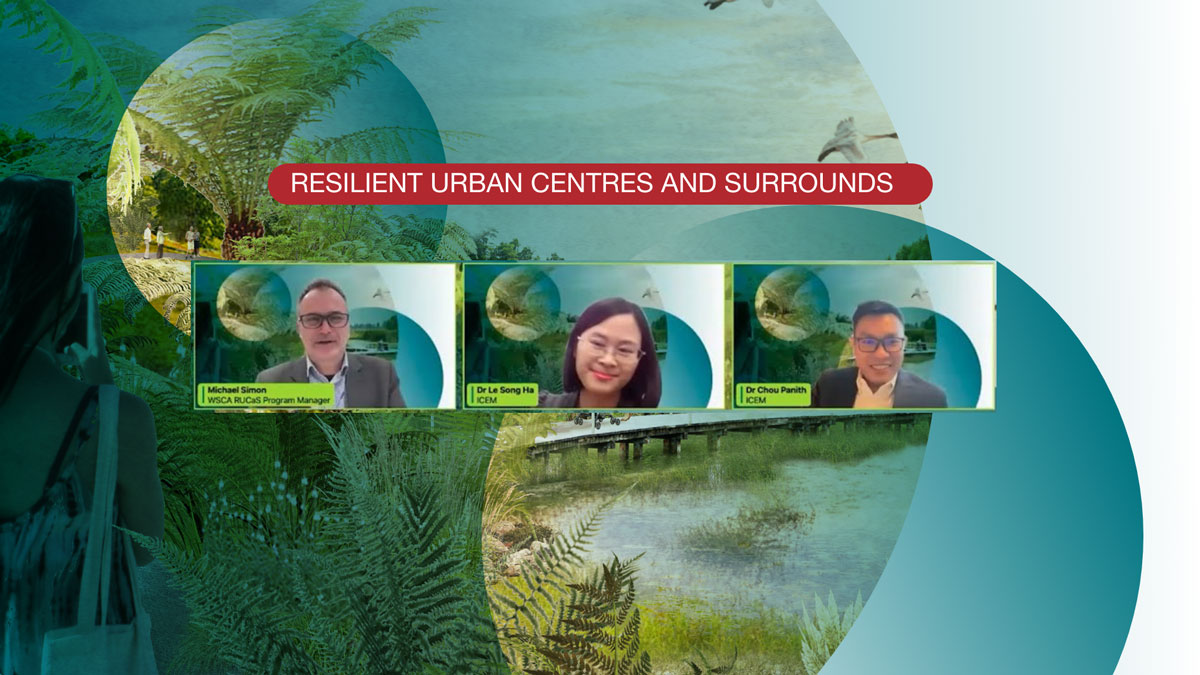
Improving climate change and water security outcomes for peoples with disabilities
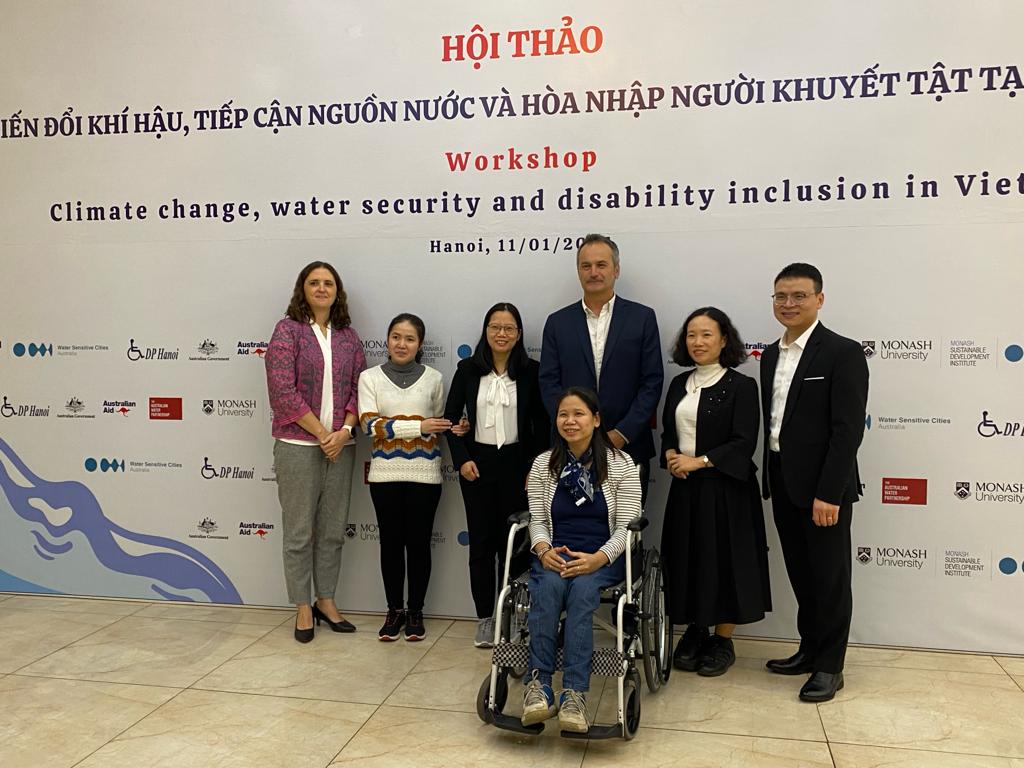
New faces at Water Sensitive Cities Australia


